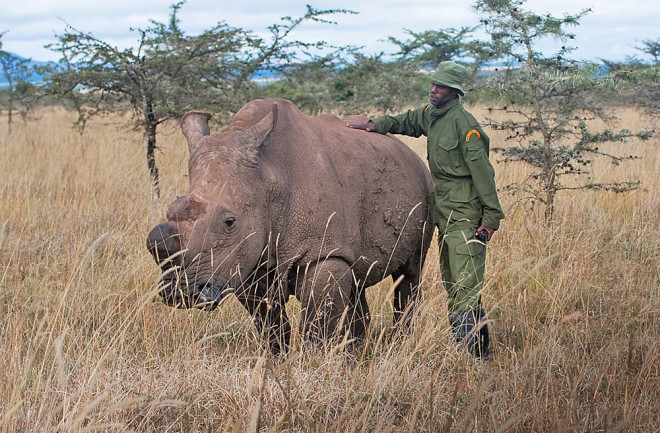Scientists have warned for years that we’re heading toward a mass extinction. A June study offered the most damning evidence yet that the sixth great extinction is underway — and that it’s driven by us.
Even using more conservative estimates, lead author Geraldo Ceballos of the National Autonomous University of Mexico concluded that species are vanishing up to 100 times faster than they would without human impacts. We are “precipitating a global spasm of biodiversity loss,” he wrote in the Science Advancesstudy.
Climate change is an increasingly significant driver of that loss, according to a separate analysis published in Science in May. University of Connecticut ecologist Mark Urban, who reviewed 131 studies predicting the effects of warming on plants and animals, found that extinction risk accelerates with every degree of temperature rise, as habitats become uninhabitable. If greenhouse gas emissions continue unabated, he says, by 2099, 1 in 6 species will face the prospect of extinction.
Living in a world with fewer species creates a human crisis as well as an ecological one, researchers warn. Biodiversity is essential for human health, economies, food production and cultures, notes Paul Ehrlich, co-author of the Science Advances study. “We’re sawing off the limb that we are sitting on.”

